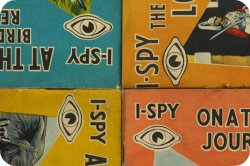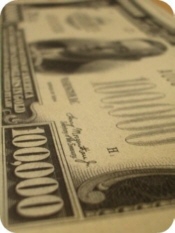Arizona State Trailer Sales, Inc. d/b/a Little Dealer Little Prices RV v. World Wide RV, No. FA1003001315658 (Nat’l Arb. Forum, May 7, 2010)
Startups in the process of selecting a company or product name are often frustrated to see that someone else, years ago, registered the .com version of their newly thought-of name. Similarly, companies that have acquired a trademark registration wonder whether they can use their crisp new registration certificate to stomp out someone else who has been using a domain name similar to the company’s new mark.
A recent case arising under the Uniform Domain Name Dispute Resolution Policy (UDRP for short) shows us that the earlier domain name registration is usually going to be on solid ground against a later-arriving trademark owner.
In the case of Arizona State Trailer Sales, Inc. d/b/a Little Dealer Little Prices RV v. World Wide RV, a National Arbitration Forum panelist denied the trademark owner’s cybersquatting claim against another company who had registered the domain name version of the trademark in 2006.
To be successful under the UDRP, the complainant would have had to show:
- the domain name registered by the respondent was identical or confusingly similar to a trademark or service mark in which the complainint had rights;
- the respondent had no rights or legitimate interests in respect of the domain name; and
- the domain name had been registered and was being used in bad faith.
The complaint failed on the first of these three elements. The panel found that the requirement of being identical or confusingly similiar “necessarily implies that Complainant’s rights must predate the registration of Registrant’s domain name.” Since the domain name in this case was registered years before, there was no relief to be had. The request to transfer the domain name was denied.



